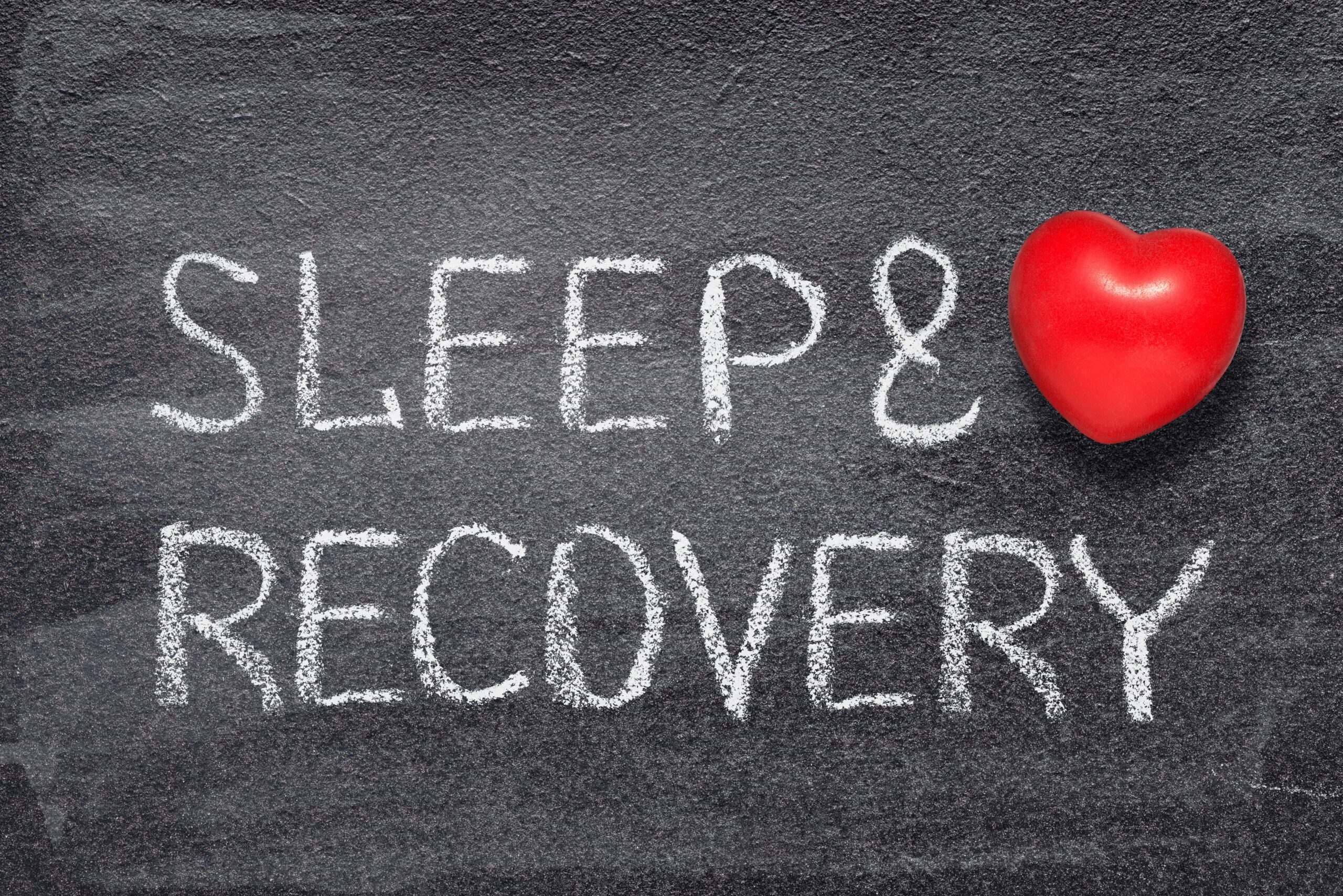In the battle against opioid addiction, researchers and professionals have long explored various strategies to support recovery and reduce the risk of relapse. While conventional approaches often focus on counseling, medications, and behavioral therapies, a vital but often overlooked factor in maintaining sobriety is the significance of sufficient sleep. However, the connection between adequate rest and the prevention of opioid relapse is gaining recognition as a fundamental component of comprehensive recovery programs.
Understanding the Opioid Crisis
Opioid addiction has become a significant public health concern, impacting millions of lives worldwide. The addictive nature of opioids can lead individuals down a perilous path, causing severe physical and psychological dependence. Despite efforts to combat this crisis, the risk of relapse remains a challenge for many on the path to recovery.
In Indiana, the opioid crisis has been a significant public health challenge, impacting communities across the state. Here are some statistics and facts that shed light on the situation:
- Overdose Deaths: Indiana has experienced a significant rise in opioid-related overdose deaths. In 2019, there were 1,626 drug overdose deaths in the state, a majority of which involved opioids. The numbers have fluctuated over the years but remained alarmingly high.
- Prescription Rates: Historically, Indiana has had high rates of opioid prescriptions. In 2018, healthcare providers in Indiana wrote 66.8 opioid prescriptions for every 100 persons, slightly higher than the national average. Efforts to curb excessive prescription practices have been ongoing.
- Neonatal Abstinence Syndrome (NAS): Indiana has seen a rise in cases of NAS, a condition affecting newborns exposed to opioids during pregnancy. Babies born with NAS can experience withdrawal symptoms and require specialized care.
The Sleep-Relapse Connection
Recent studies have shed light on the intricate relationship between sleep and addiction. Sleep deprivation can exacerbate the challenges of recovery in various ways:
Increased Cravings
When an individual lacks sufficient sleep, areas responsible for decision-making and impulse control, like the prefrontal cortex, alter their function. This alteration disrupts the balance between rational decision-making and impulsive behavior, making the brain more susceptible to cravings.
Additionally, sleep deprivation influences neurotransmitters like dopamine. This disruption leads to an increased desire for rewarding substances, such as opioids, as the brain seeks quick pleasure to compensate for the lack of rest.
Emotional Instability
When someone experiences prolonged sleep deficiency, their ability to regulate emotions diminishes. The amygdala, a part of the brain associated with processing emotions, becomes hyperactive in response to negative stimuli. This hyperactivity amplifies feelings of anxiety, depression, and irritability. Additionally, stress and emotional turmoil are common triggers for relapse, and sleep deprivation intensifies these triggers, making it harder to manage emotions effectively.
Cognitive Impairment
Inadequate sleep impairs cognitive functions like judgment, reasoning, and self-control. The frontal lobe, responsible for executive functions, is particularly affected. Sleep deprivation diminishes its ability to function optimally, leading to compromised decision-making and reduced impulse control.
Individuals recovering from opioid addiction rely on sound judgment and self-control to resist cravings and make choices conducive to their recovery journey. However, their ability to weigh consequences and make rational decisions becomes significantly compromised when sleep-deprived.
Addressing sleep disturbances and prioritizing sufficient sleep becomes crucial in recovery programs to mitigate these adverse effects.
The Role of Sleep in Recovery
Good quality sleep plays a pivotal role in supporting the recovery process for individuals battling opioid addiction in several ways:
- Physical Restoration: Sleep is a time when the body undergoes essential repair and restoration processes. For individuals recovering from opioid addiction, adequate sleep allows the body to heal from the physiological toll of substance abuse. It aids in repairing damaged tissues, boosts immune function, and supports overall physical well-being.
- Emotional Stability: Quality sleep is closely linked to emotional regulation. Restorative sleep helps stabilize mood and reduces feelings of anxiety, depression, and irritability. For those in recovery, emotional stability is crucial in managing the stress and emotional triggers that could lead to relapse. Good sleep supports a more balanced emotional state, enhancing resilience against these triggers.
- Cognitive Function: Sound sleep is crucial for optimal cognitive function. It enhances attention, concentration, memory, and problem-solving abilities. Individuals recovering from opioid addiction often face mental challenges due to substance use. Adequate sleep helps restore cognitive skills, enabling better decision-making, reasoning, and judgment, which are essential in resisting cravings and making positive choices in recovery.
- Craving Reduction: Quality sleep plays a significant role in reducing cravings. When well-rested, individuals experience fewer intense cravings for opioids. This reduction in cravings is due to the restoration of brain regions involved in reward processing and impulse control. The brain’s reward system becomes more balanced with better sleep, reducing the overwhelming desire for substances.
Strengthening Recovery Programs
Integrating sleep-focused interventions into recovery programs enhances their effectiveness. Teaching individuals about sleep hygiene and offering interventions like cognitive-behavioral therapy for insomnia (CBT-I) can significantly improve sleep quality. Following healthy sleep practices reinforces other aspects of their recovery, such as therapy, counseling, and behavioral changes.
Don’t Neglect Your Sleeping Habits
Prioritizing good sleep is not just about rest; it’s a fundamental component of comprehensive recovery plans for individuals overcoming opioid addiction. It aids in physical healing, emotional stability, cognitive function, and craving reduction, and overall, it fortifies the individual’s ability to navigate the challenges of recovery successfully. Contact us today to learn more about how we help individuals overcome prescription drug use.


 Verify Insurance
Verify Insurance
 Toll Free Call
Toll Free Call